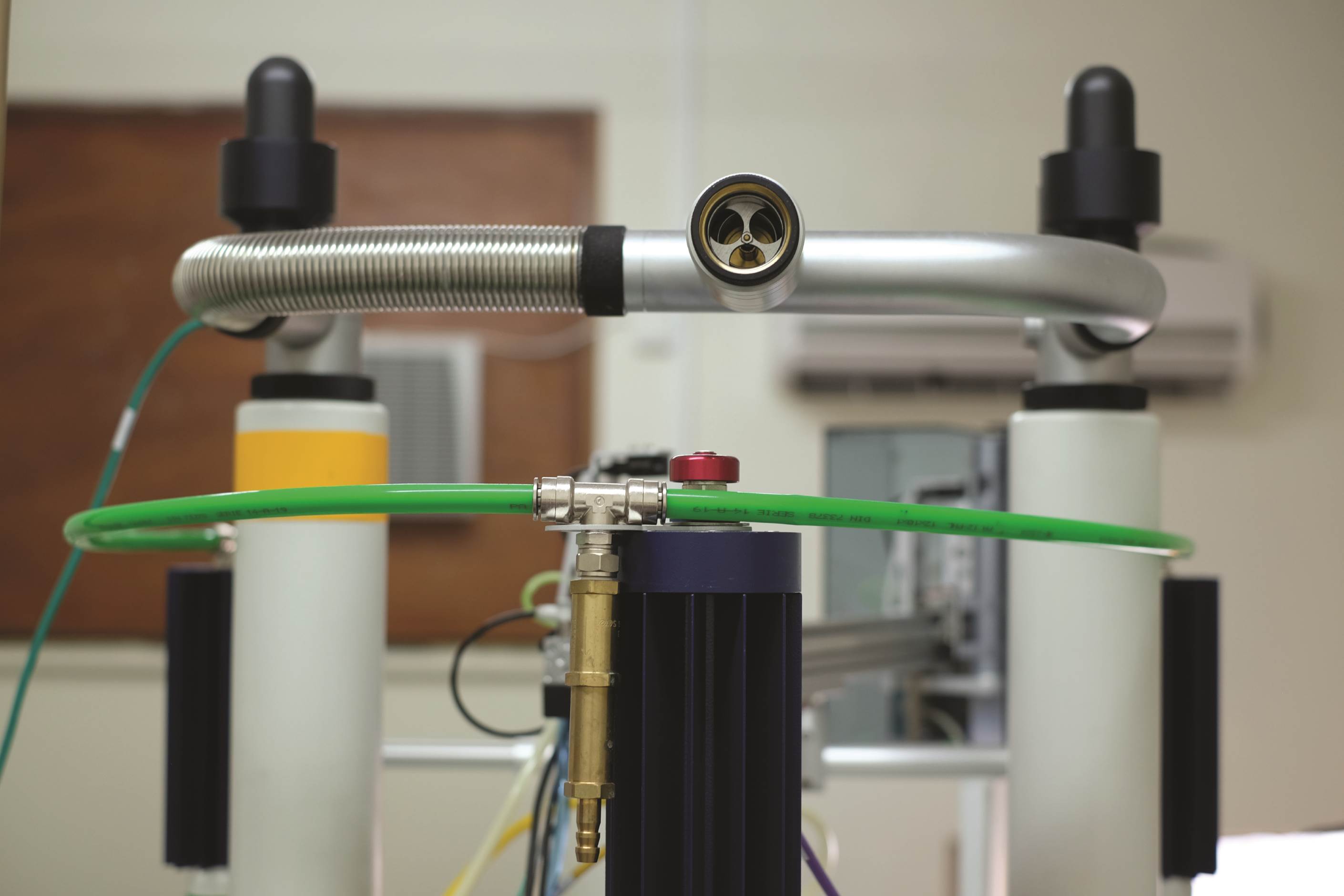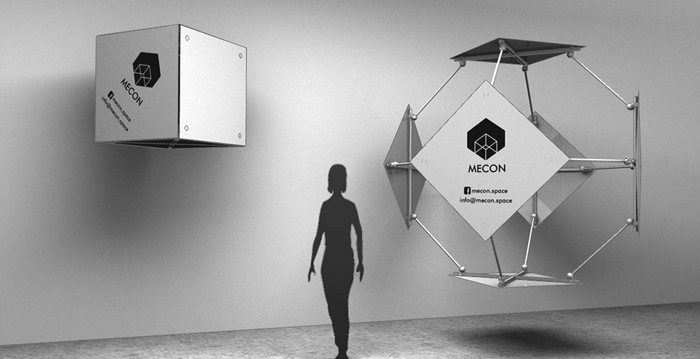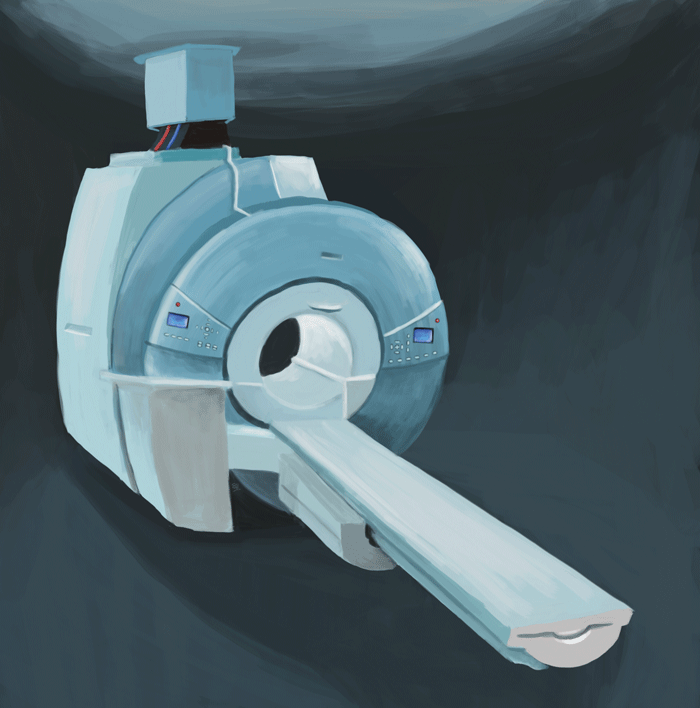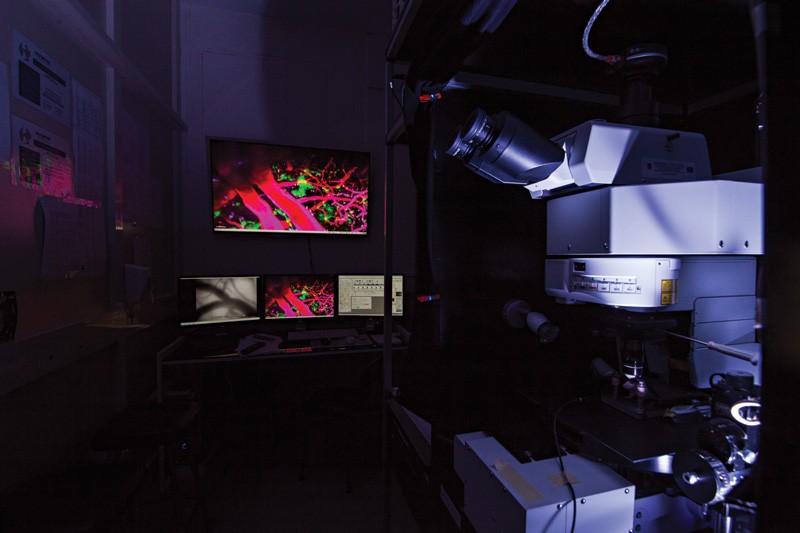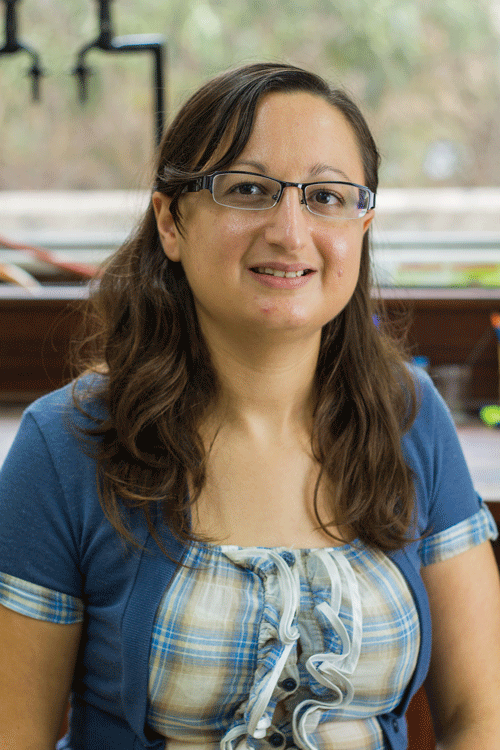It Follows — Film Review
Noel: Early in the film, Jay (Maika Monroe) asks Hugh/Jeff (Jake Weary) to pick a random stranger with whom he wouldn’t mind switching lives. Curiously enough he chooses a little boy because he envies his ‘total freedom’, going ‘to the bathroom any time [he wants]’ and ‘get[ting] away with that’.
It’s telling that, out of all possibilities, Hugh/Jeff goes for toilet duties. Apparently he yearns for a regressive state in which his ego is not yet fully formed, one in which he is fully dependent on an outside agency. It’s a strange thing coming from a young man on the cusp of adulthood. However this is a theme that runs through the entire film: a sort of coming of age tale in reverse.
The protagonists in It Follows seem to be battling against the relentless passage of time. They are doing things that grown-ups do, including sex; yet they still want to be like that little boy and shed responsibility. By doing so they subvert one of the main tropes of the slasher film, a sub genre which It Follows certainly endorses: sex as a rite of passage from childhood into adulthood.
Jay repeatedly uses the house pool. With our Freudian hats on, the pool becomes an obvious reference to her trying to reclaiming the security of her mother’s womb. It’s her comfort zone and she goes there to be on her own, to feel safe. We never see her share the pool with anyone else.
It is revealing though that when Jay (supposedly) has sex with three men in a boat, she goes back to the pool only to find it broken and empty of water. This suggests that her indiscriminate choice of sexual partners has robbed her of a substantial amount of that yearned for ‘childhood innocence’. She has crossed the point of no return, another manifestation of which is the murderous spectre that is ruthlessly following her.
“The nuclear family has jumped ship. There is nobody to whom the young generation can turn to for advice and they are left to cope on their own.”
The adult world is conspicuously absent. We rarely come across grown-ups and when we do they seem to inhabit a different world. Take when Jay enters the living room garbed in a towel, as her sister and her friends are watching tv. Their mother is at the back of the shot, totally immersed in her glass of wine and phone conversation, visually cut off by a wooden beam and separate lighting. It happens again when Jay is talking to a policeman. The camera is placed very low, giving us a child’s point of view, and the officer is nothing but a disembodied bit of trouser leg.
The nuclear family has jumped ship. There is nobody to whom the young generation can turn to for advice and they are left to cope on their own. It Follows is an anti-coming of age tale because there is no conflict between the young and the old, and without conflict there is no growth.
Krista: It Follows has received widespread recognition making ripples outside the niche/cult horror community. Film critic Mark Kermode commented on its ‘art-house’ distance from genre conventions. Horror films that challenge boundaries are hardly rare; however, few receive such wide recognition. The reasons are rooted in how certain film genres are viewed, which is problematic. This leads to the elevation of films that seemingly transcend genre.
It Follows has won recognition, while embracing its genre-allegiance.
Its quasi-climactic pool scene is reminiscent of the finale in Cronenberg’sShivers (1975). Both films feature a kind of infectious sexual awakening. However, where Shivers is celebratory, orgiastically joyful, the sex in It Follows feels oddly uneventful. Though the climax takes place in a communal pool, it follows the pattern established in the previous house pool scenes—Jay is isolated within the larger pool.
The film’s use of space reinforces this impression of isolation. Though in the vein of coming-of-age movies, the film foregrounds friendship, there is a sense of extended silence, isolation—a space of waiting, never fully breached. As the teacher reads TS Eliot’sThe Love Song of J. Alfred Prufrock, Jay sits at the far end of a long table on her own. This is reinforced in scenes showing expanses of sea and sand and grey, with a slow walking ‘it’ that follows Jay. The slowness of this sinister presence that permeates the film is reminiscent of Hancock’sLet’s Scare Jessica to Death (1971) and Blatty’sExorcist III: Legion (1990).
There is anticipation, but as Noel notes, there is no corresponding growth. The film lacks a climax – dread settles, quietly. On the way to the pool, Yara (Olivia Luccardi), one of Jay’s friends reminisces: ‘when I was a little girl, my parents wouldn’t allow me to go south of 8 Mile. And I didn’t even know what that meant, until I got a little older, and I started realising that that’s where the city started, and the suburbs ended.’ The film positions itself in a moment of suspension, never leaving the suburbs, calling: ‘there will be time, there will be time…’ But time for what?
Magnets, Spinning Nuclei, and Light
An NMR (Nuclear Magnetic Resonance) spectrometer is a vital machine for the organic chemist. Using its powerful magnet the type, number of atoms, and how they are connected can be figured out. This is key for understanding the structure of organic chemicals such as drugs, pharmaceuticals, and those used in chemical computers.
Mecon
Mecon is an ongoing research project for the 2015 edition of the IASS EXPO, themed Future Visions which is to be held in Amsterdam between June and August 2015. The project is to design and build a structurally innovative, deployable pavilion in a bid to celebrate Future Visions in the field of engineering design and innovation. Mecon is the solution created by a team of five recently graduated architects.
Move over Minority Report
TECH NEWS by Ryan Abela
In 1964 a very clever engineer, called Douglas Engelbart, invented a tiny device that changed the whole concept of how we interact with machines. By moving the device, a pointer on a screen moved, while tapping a button with your finger would cause an action. I’m talking about the mouse—a device now taken for granted—but back in its inception it had revolutionised the way we instructed machines. Instead of giving commands through a keyboard, the mouse made it possible to work in 2D.Continue reading
Don’t Think — July 2015 Edition
Seeing the unseeable
Unlocking the mysteries of the brain with MRI. Everything we think, say, or do depends on our brain. It is the most vital organ of our body but one of the least understood. Recent advances are changing things. With magnetic resonance imaging (MRI), scientists and researchers are getting an inside look into what makes us tick. Cassi Camilleri speaks to Dr Sonia Waiczies Chetcuti, Dr Helmar Waiczies and Prof. Kenneth Camilleri about their vision for experimental MRI in Malta. Illustrations by Sonya Hallett.
Of Mice and Microscopes
Colour Chemistry in Water
Written by Maria Cardona
Atmospheric carbon dioxide (CO2) levels have increased dramatically in the last few decades. Famous for causing global warming, CO2 is also resulting in the acidification of seas and oceans. This disturbs the rich life of the marine ecosystem, which affects human communities dependent on this environment for their livelihood. For islands like Malta and Gozo, this problem is particularly important. This ‘silent crisis’ has attracted the X-prize Competition organisers who have set a $2 million dollar prize to be awarded to anyone that can develop stable, inexpensive, and precise acidity (pH) sensors to help understand the acidification of marine environments. At the same time, a European COST initiative (Supramolecular Chemistry in Water) is encouraging the design of water-soluble molecules which can recognise analytes. Most chemical sensors do not perform well in water.Continue reading



